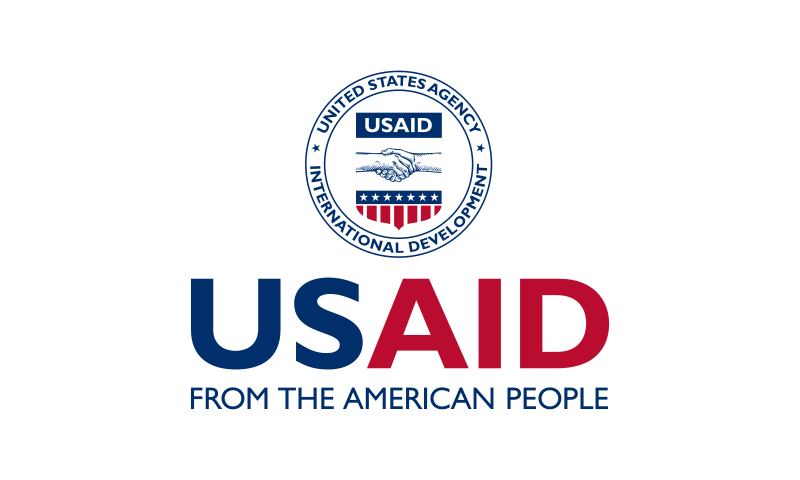The Tanzanian agricultural sector faces a precarious future following the United States Agency for International Development’s (USAID) decision to halt all new funding obligations. This abrupt policy shift, stemming from a recent executive order reassessing U.S. foreign aid, has sent shockwaves through the Tanzanian NGO community, many of whom rely heavily on USAID support for critical agricultural programs.
Over 60 non-governmental organizations (NGOs) operating within Tanzania’s agricultural value chain, particularly those empowering youth and women farmers, now face an uncertain future. These organizations, often the lifeblood of rural communities, play a pivotal role in improving agricultural practices, enhancing market access, and bolstering food security.
One of the most significant casualties of this funding freeze could be the “Feed the Future Tanzania Tuhifadhi Chakula” project, a $24 million initiative aimed at reducing post-harvest losses in the horticulture and cereal sectors. Implemented by the Tanzania Horticulture Association (Taha) and the Southern Agricultural Growth Corridor of Tanzania (SAGCOT) Centre, this project has been instrumental in connecting farmers to markets, improving storage infrastructure, and boosting incomes for smallholder farmers.
The impact of this funding halt extends beyond economic losses. It threatens to undermine years of progress in agricultural development, jeopardizing food security for millions of Tanzanians. Experts warn that reduced access to vital agricultural inputs, such as improved seeds and fertilizers, could lead to decreased productivity and increased food prices.
“This crisis presents a significant setback for Tanzania’s agricultural sector,” stated Dr. Letengano Mwinuka, an agriculture economist from the University of Dodoma. “The potential for decreased agricultural production and increased food insecurity is a serious concern.”
The Tanzanian government now faces the daunting task of mitigating the impact of this funding disruption. Exploring alternative funding sources, strengthening domestic agricultural research and extension services, and fostering greater private sector investment in the agricultural sector will be crucial to ensuring the continued growth and development of this vital sector.
This abrupt halt in USAID funding serves as a stark reminder of the precarious nature of international development assistance and the critical need for sustainable, long-term solutions to address the challenges facing developing nations. As the Tanzanian government navigates this challenging period, the focus must remain on ensuring food security, supporting rural livelihoods, and fostering a resilient and sustainable agricultural sector for generations to come.




